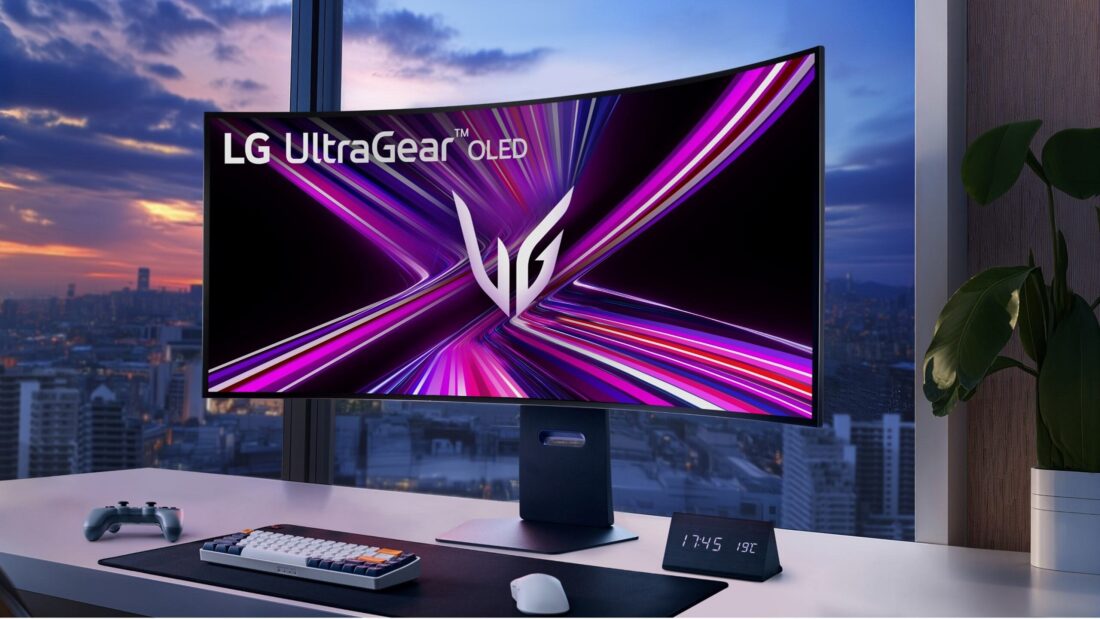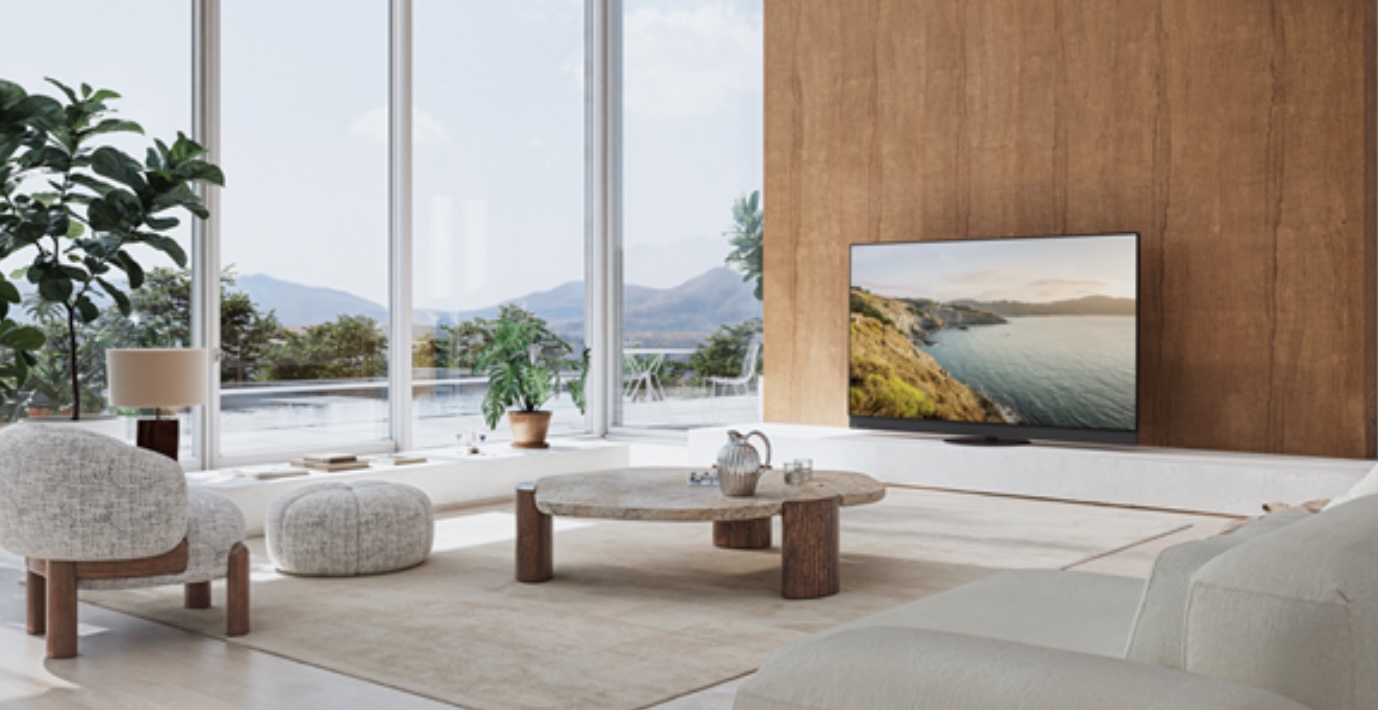
The annual tech calendar is a bit annoying for us Downunder, as it starts the first week in January with the Consumer Electronics Show (CES) in Las Vegas, which you can’t really ignore.
For those not familiar with CES, it’s an absolutely massive monument to excess that just about every IT and electronics maker in the world has to attend. For journalists, covering CES is a marathon event.
Actually, I lied in the first paragraph: there’s Apple which does its own thing, and has only had a presence at CES twice in 58 years.
Writing about CES while Los Angeles burns a few hundred kilometres away feels a bit off, to be honest. Every year there’s much tat on display, stuff that will go to landfill sooner rather than later, giving lie to the tech sector’s sustainability claims. Electronics waste is fully bad and we're not taking that growing problem seriously.
Unsurprisingly, CES 2025 had artificial intelligence everywhere. Samsung has AI fridges for example that promise smart food management, and you can talk to the built-in Bixby assistant and have it come up with recipes and what have you.
Fellow Korean tech company LG, screen maker to the world, launched the world’s first bendable gaming monitor. Now you can have both a flat and curved screen, because why not?

Panasonic uses LG display tech in its TVs, and brought out an updated range of flagship models with organic and mini light emitting diodes (OLED and miniLED) screens - and which have AI of course.

There was AI in golf clubs as well (I kid you not) at CES, to help get your swing right through a smartphone app; it did make me wonder if AI in sports gear crosses a line and basically becomes cheating?
One piece of AI tech that I’m curious about is sharemarket darling Nvidia’s Project DIGITS, named after the company’s deep learning framework. It’s billed as a desktop AI supercomputer, and here’s Jensen Huang holding the tiny thing on stage at CES 2025:
DIGITS might be renamed, and goes on sale in May, starting at US$3000. Connect two of the little suckers and you can run big models with 400 billion parameters, and I expect AI developers will take a second at the computers.
While on the subject of Nvidia...
After CES 2025 finished, the AI Cold War ratcheted up a notch while we were on holiday too, the third time in roughly two years.
Nvidia received an unwanted farewell present from the outgoing Biden administration: the tech company faces stricter and more detailed export restrictions under a new AI Diffusion rule, which could hurt Nvidia’s bottom line.
For now, New Zealand and Australia are on the list of 18 allied countries that Nvidia can ship to without export restrictions. How that’ll work in practice will be interesting to watch as smuggling of Nvidia graphics cards and chips to China is big business already.
Countries outside Western Europe, Japan, South Korea, Taiwan and Canada have to jump through official hoops to buy Nvidia tech. Possibly controversial is the exclusion of several European Union nations, and Singapore, from the list of eligible key allied countries.
High tech Israel is not on the list either, ditto the Middle Eastern countries that have talked about building huge AI data centres, but exemptions from the restrictions are possible.
However, it also looks like the big hyperscale cloud providers like Microsoft, Google and Amazon can apply to skip licensing requirements, and install Nvidia parts in their data centres.
Completely restricted countries face a full ban on Nvidia chips, including nations like Russia, China, Iran and Afghanistan, as you’d expect.
The AI Diffusion export control rule covers more than just chips and GPUs. Interestingly enough, the rule also places limits on the export of AI weights, a fundamental part of the technology. Weights are numerical values for machine learning models, used during training to tune them to spot data patterns, and to improve their prediction capabilities.
Needless to say, Nvidia is not happy about the tightened export controls and will probably need to seek an audience with the incoming Trump administration to soften the blow.
Meanwhile, Nvidia’s share price, which has nearly trebled in a year, took a hit. Not a huge one, just over two per cent, so maybe the US government action was factored in by investors? Either way, Nvidia’s market capitalisation remains a monstrous US$3.3 trillion. For comparison, Australia’s GDP is US$1.75 trillion.
Finally, apropos things that happened during the holidays: submissions on proposed bills before the Parliament. As you might have read, the NZ Parliament website couldn't handle the influx of submissions which people wanted to get in before the deadline expired.
We'll hear about the reason why at some stage, and it might have been something along the lines of a Web Application Firewall protecting the website that wasn't dimensioned accordingly. There have been suggestions that a large amount of submissions were made in an automated fashion, that is, using AI bots.
Again, more to come on that, but here's a plug for Dan Moskovitz's story from September last year in Salient, on what the rules for using AI to make submissions. The answer might surprise you.
Update Apparently it was a record 300,000 submissions for the Treaty Principles Bill, Stuff reported.
4 Comments
Interesting news, information and commentary thankyou. The mini desktop Nividia ai computer looks interesting but I for one am unlikely to find it useful. My experience with perplexity is a mix of useful and watch out for the dubious hype. Retrieving more hype faster won't help me with investigations of materials properties for possible selection in the tech build I'm attempting. It's information and facts from well designed and real world executed tests, trials and experiments that will, and seemingly authoritative well crafted words that aren't based on the former aren't useful.
Regarding the parliamentary submission overload, is there anything known about the efforts to assure submissions are genuine?
In the age of free email accounts, AI generated content, randomly allocated IP addresses and the like, a small group can look like a crowd.
Not a process I've ever used for Central Government, so I don't know how it works, but has there ever been a suggestion that to make a submission some proof of identity is required?
I ask as, at local government level, the consultation processes are becoming ever-more on-line and there's no requirement to prove you actually exist. When I've asked my local council, I've just been given bland statements about measures being in place. Given how poor the other aspects of their data collection is, that's not reassuring.
The linked Salient story has some detail on that. Apparently there have been 340,000 submissions now.
Thanks for the pointer to the Salient article. I think that using AI to write a submission, if you're not particularly articulate, is not a bad idea at all.
However, that the identity of submitters isn't verified is alarming as there's nothing to prevent a torrent of submissions from activists trying to drown valid information in a sea of noise while clogging the system in delaying sludge.
It feels a case of political will, budget and technology implementation lagging far behind reality and akin to a Denial of Service attack - it really poses some uncomfortable questions about the process' utility in it's current form.
And 340,000? I really, really don't envy those in the Clerk's office who are going to have to sift that lot: can you even imagine the content of many of them?

We welcome your comments below. If you are not already registered, please register to comment
Remember we welcome robust, respectful and insightful debate. We don't welcome abusive or defamatory comments and will de-register those repeatedly making such comments. Our current comment policy is here.